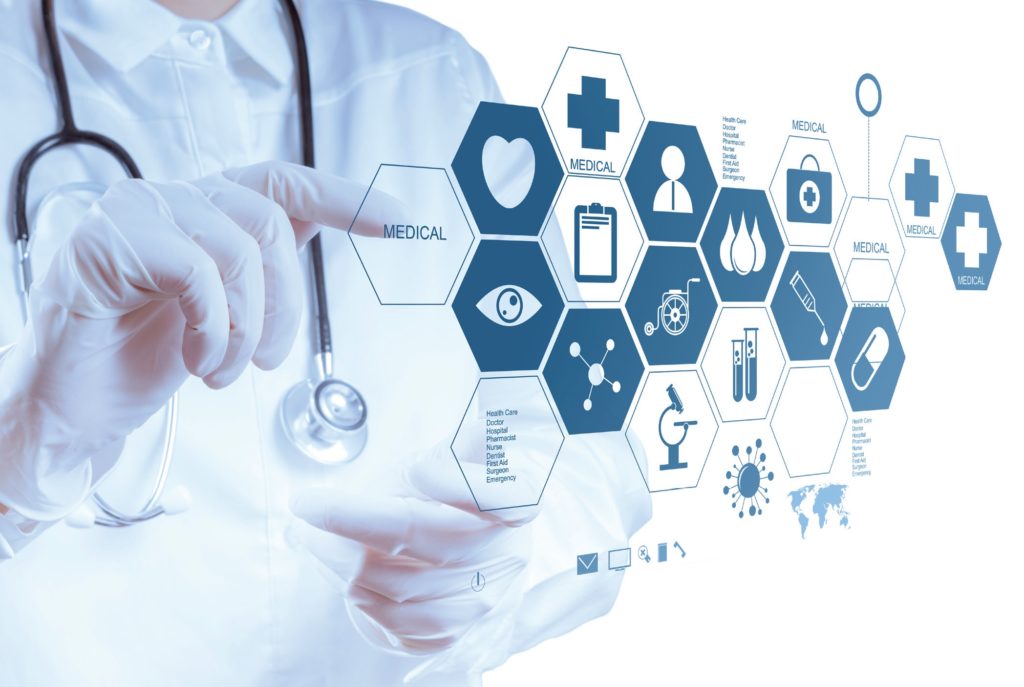In these days of COVID19 pandemic, it is strongly recommended to decrease the number of medical appointments due to doctors’ overload and, more importantly, because hospitals are a focus of infection. In this context, non-essential appointments are being postponed and telehealth systems are promoted. Remote medical monitoring is particularly recommended for immunocompromised individuals, such as bone marrow transplant receptors.
Higher COVID19-related mortality found in transplanted patients1 urges to implement effective telehealth systems. In this light, a pioneer project published on the Journal of Medical Internet Research (JMIR) Formative Research towards implementation of digital health systems, proves remote domiciliary follow-up after bone marrow transplant suitable and appropriate.
“Patients who have recently received a bone marrow transplant are at higher risk of acute complications in the first weeks after discharge, especially during the COVID19 pandemic” explains Dr. Alberto Mussetti, principal investigator of the pilot study.
The research, held at Bellvitge Biomedical Research Institute (IDIBELL) and the Catalan Institute of Oncology (ICO), registered 21 patients who received a bone marrow transplant. They were remotely screened during two weeks after discharge (from past April 30th to July 15th) in order to rapidly detect clinical deterioration while reducing unnecessary in-person visits that might increase the risk of intra-hospital contagion.
Required medical devices were given to patients for their own daily collection of vital signs (cardiac and respiratory frequency, oxygen saturation, blood pressure and temperature) and checklists of physical and psychological symptoms were also filled by patients every day. They uploaded the data through their own smartphones, by using the application “Saludencasa”, developed by Fundación Trilema. The platform also provided with a chat service to communicate with hospital personnel anytime.
Only 12 patients were able to complete the study. Technological barriers were the most frequent limiting factor of the study. However, “for patients who completed the study, the experience was considered good and the system allowed the early recognition of acute complications, both physical and psychological” specifies Dr. Ana Sureda-Balari, co-author of the study. Automatic alarms were activated 3 times (once for emotional distress, twice for physical symptoms such as infection and dehydration) and only 2 patients had to be readmitted back to hospital.
Towards digital health implementation
The conclusions of the study showed that newer technologies can help to implement the domiciliary follow-up of patients. Technological barriers such as incompatible smartphones or inexperience in using smartphone applications explained why only 57% of potential patients finally used the telehealth system. This problem was more frequently observed in elderly patients living alone. A solution to this could be to automatize data collection from medical devices and to educate patients on required technological usage.
In this regard, the next study will include the use of automated devices, as well as high quality video calls, in order to advance towards complete telehealth monitoring.
The Bellvitge Biomedical Research Institute (IDIBELL) is a biomedical research center created in 2004. It is participated by the Bellvitge University Hospital and the Viladecans Hospital of the Catalan Institute of Health, the Catalan Institute of Oncology, the University of Barcelona and the City Council of L’Hospitalet de Llobregat.
IDIBELL is a member of the Campus of International Excellence of the University of Barcelona HUBc and is part of the CERCA institution of the Generalitat de Catalunya. In 2009 it became one of the first five Spanish research centers accredited as a health research institute by the Carlos III Health Institute. In addition, it is part of the “HR Excellence in Research” program of the European Union and is a member of EATRIS and REGIC. Since 2018, IDIBELL has been an Accredited Center of the AECC Scientific Foundation (FCAECC).

